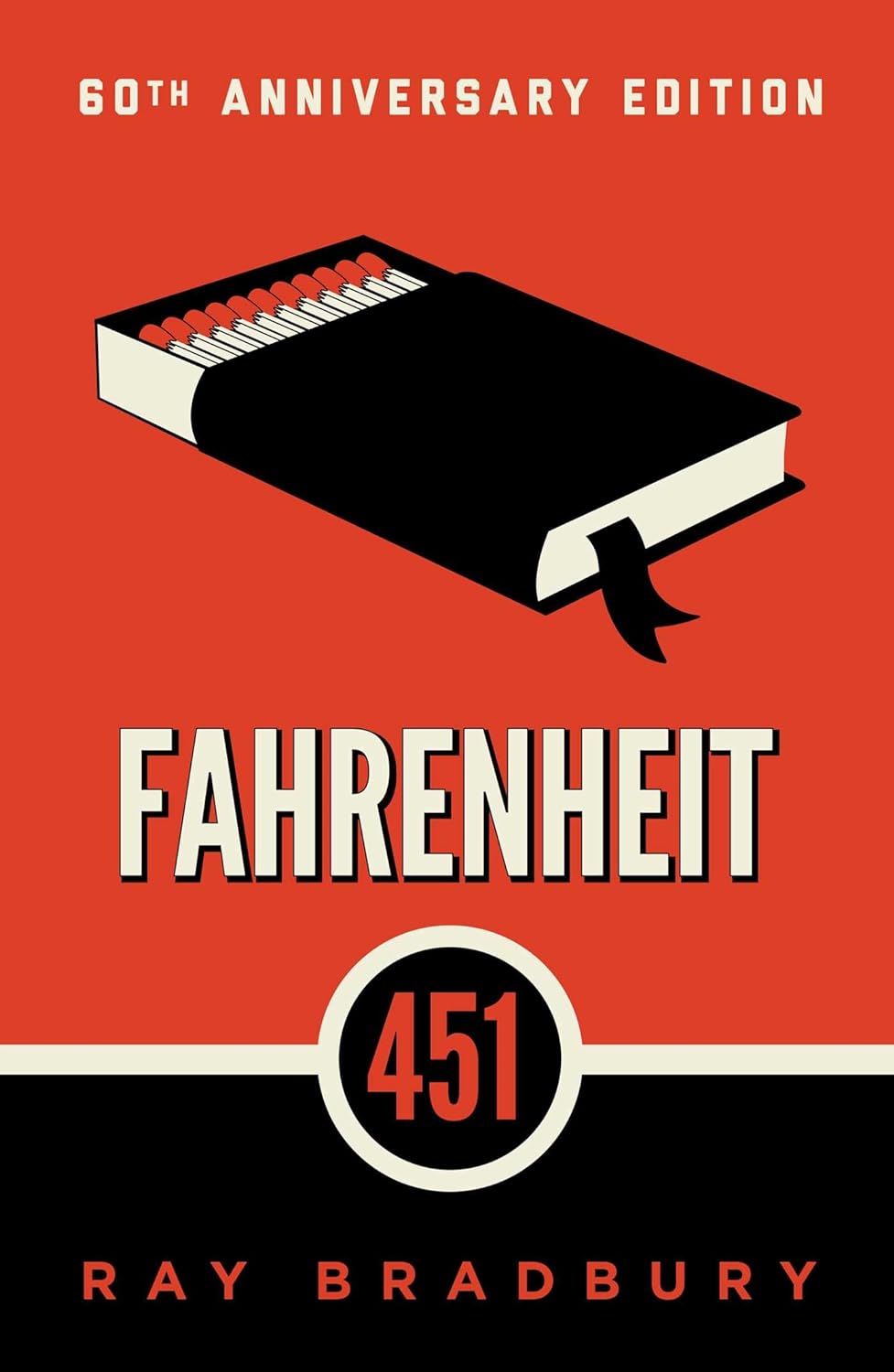Curtis reviewed Fahrenheit 451 de Ray Bradbury by Ray Bradbury
Review of 'Fahrenheit 451 de Ray Bradbury' on 'Goodreads'
2 stars
I didn't read this in school as so many people did. I read it first in 2008 (brief "review" preserved below), and I wanted to read it again because he died last week and I thought perhaps I should give it another shake, since it's the book everyone knows him for. However, coming back to it a second time I still have the feeling that either 1) people haven't really read it, so their praise is in ignorance, or 2) I am somehow unable to understand it.
There are obvious parallels that can be made between F. 451 and today's world with it's "social media" that requires people to focus on little electronic screens to communicate with each other. That said, I think Bradbury does what all grumpy old men do and rushes to the extreme. Yes, Facebook and Twitter and website forums (not to mention BBS and #irc and USENET before them...) have created postmodern vices, but they haven't annihilated "society" in any way. Bradbury's fears about greater amounts of time being spent in virtuo, so to speak, have been realized, but the results are vastly different than he claimed — as evidenced by my friends who have posted pics on Facebook and elsewhere from marathons, Tough Mudders and mountain biking sessions in the last month. I don't mean to imply that Bradbury was predicting anything, but his conclusion that society can only be saved by a bunch of academics (with perhaps a recently converted blue collar worker) after the rest of the world destroys itself is an elitistly myopic view.
But more than the ideas, I simply don't believe the book. Montag is a hysterical character, in all that adjective's senses. He goes from maniacally spraying people's homes with kerosene to memorizing passages of the Bible in almost no time. He simply makes no sense as a character. And how exactly does one learn to read in a society that has been burning books for generations, and chastising them for even longer? I don't think an author has to completely describe a society to explore it, and often I think authors err too much the other way by over-explaining how things work, but the society should at least make some sort of internal sense.
Like I said, may I'm just unable to understand it.
--
2008: Not as good as everyone seems to claim. While some of the ideas presented by Mr. Bradbury are certainly interesting, this book has not aged very well.

